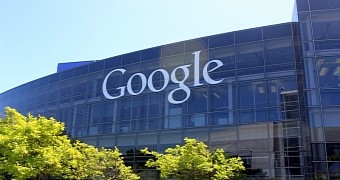It’s not a secret that Microsoft and Google are fierce rivals in the majority of the businesses they’re active in, despite the fact that they’re working together from time to time, but as far as the Office industry is concerned, the battle is getting more interesting with Google’s latest efforts.
In his keynote at the WPC 2015 in Orlando, Microsoft’s COO Kevin Turner described Google’s plans to compete against Microsoft Office as “overconfidence” and told partners that they “need to win every single deal versus Google.”
“We are not that company”
Turner went on to mention some of the unfair practices that Google turned to, which is a little odd given the fact that, since Satya Nadella took over from Steve Ballmer at the helm of Microsoft, the company has been more of a gentleman in the race against its rivals.
“One of the things that I find amusing is that Google got this person to run their Google for Work stuff. This is his first interview: ‘We have plans to nab 80 percent of Microsoft’s Office business.’ That’s a great plan for him. I love the overconfidence. His overconfidence is our opportunity. We’ve got to go win every single deal versus Google,” Turner explained.
“We have better technology, ladies and gentlemen. We do. We don’t snoop your email, we don’t serve you ads, we don’t drive cars around listening to your conversations, we are not that company. We are the company that can bring productivity and bring you to the modern world. And we need to win every single deal versus Google,” he pointed out.
Back in November 2012, Microsoft launched an anti-Google campaign called Scroogled that was supposed to bring to light some of the unfair practices that the search company had resorted to in order to sell more ads, trying to show the advances of its very own services that can always serve as alternatives to Google’s.
The campaign was silently discontinued in 2014, when Satya Nadella replaced Ballmer as CEO, so it was believed that Microsoft adopted a more fair play-ish strategy focused specifically on highlighting the best of its products and less on the things that its rivals were doing.

 14 DAY TRIAL //
14 DAY TRIAL // 